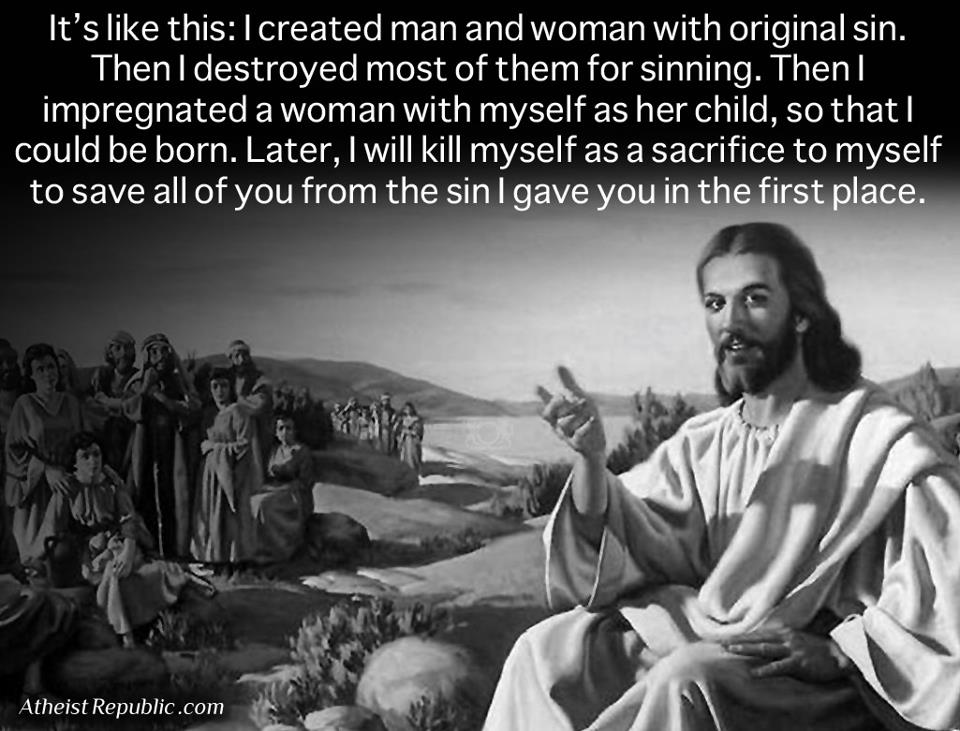Choosing a new pope will not change anything
Francis Kissling is a Catholic. In his article at The Nation, he sees no hope that choosing a new pope will improve the Catholic Church:
[The central teachings of the church are] cynicism—teaching things that are not true—at its most damaging, and it is the foundation of the modern church. The virgin birth is only the start of it. Heaven and hell, the turning of bread and wine into the body of Christ (a core teaching that polls tell us most Catholics reject), the bodily assumption of Mary into heaven (how could her body have gone to heaven when we are now clear it is not a real physical place?), the infallibility of the pope telling these untruths and insisting that Catholics must believe them to be Catholic—this all leads directly to corrupt popes and priests who lack compassion. Lying or just fudging it demoralizes those who teach in the name of the church. From such demoralization stems the need to protect the institution and oneself, to protect pedophiles, to let women die in childbirth by denying contraception, to allow the transmission of HIV and to keep alive a dysfunctional institution. It is no accident that priests have historically had a high rate of alcoholism; not only were they isolated by the solitude of the priesthood but by the dissonance in what they were bound to teach and preach and their own understanding of life and goodness. A new pope will change nothing.

